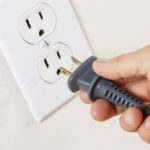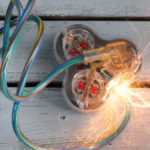Nowadays, in every household, a water heater is considered an essential device that cannot be missed. Especially in winter, when the weather is cold, the demand for hot water is even higher. The use of water heaters is considered simple and safe. However, right from the installation process, there is a step that helps ensure safety during the use of the device, but many users are unaware of it. That step is to equip the water heater with a grounding wire.
What is a grounding wire?
According to technical experts, a grounding wire, also known as an earth wire, is a short section of wire that connects one end to the electrical device like a water heater, washing machine, refrigerator, and the other end to the ground. The role of this wire is to discharge the electric current in case of leakage from the device, caused by the device’s operation or a malfunction. When the device leaks electricity, the current will pass through the grounding wire, thereby protecting the user from potential hazards.
Therefore, the installation of grounding wires with electrical devices in general and water heaters, in particular, is extremely important and necessary. Currently, around the world, the grounding wire is one of the indispensable parts when installing a new water heater. However, in Vietnam, many households are still negligent in installing grounding wires due to a lack of awareness of the importance of this component.
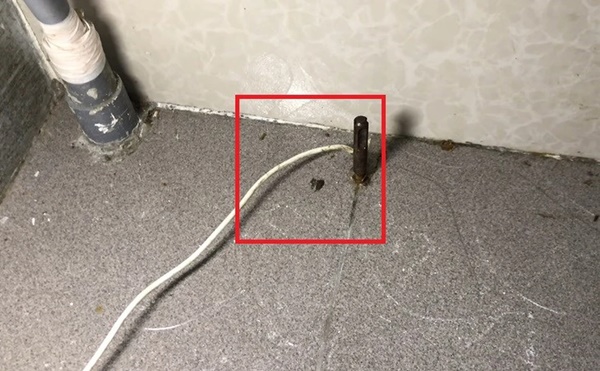
Installing grounding wires with electrical devices in general and water heaters, in particular, is extremely important and necessary (Illustration)
Meanwhile, water heaters are considered one of the devices with a high risk of electric leakage. Leakage can stem from many causes, such as worn-out parts, sediment buildup on the heating rod, causing electricity to leak into the water or corroded pipes. Equipping the water heater with a grounding wire will help users avoid electric shocks during use.
Not only with new devices, but grounding wires can also be installed with water heaters that have been in use for some time. Users can contact technical units or the equipment supplier for their family to proceed with the installation of grounding wires for the water heater.
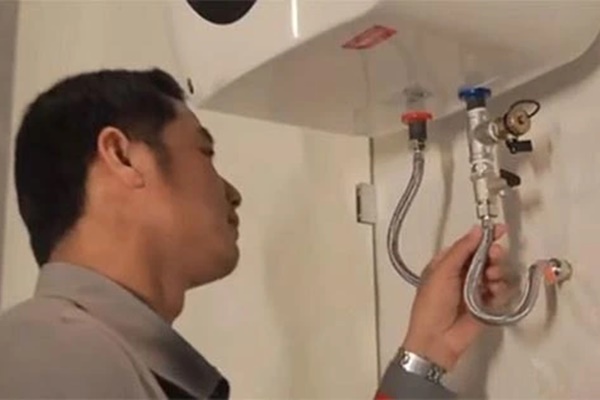
Illustration
For users who are determined to learn the basic steps, here is a guide provided by technical units:
– First, prepare the necessary tools including a copper or iron metal rod, at least 1m long; a drill; a voltage tester, and electrical wire.
– Once you have all the tools ready, proceed to the following steps. Step 1, turn off the power to the water heater completely by either turning off the circuit breaker or unplugging the device. To make sure, use a voltage tester to double-check, ensuring that there is no electricity flowing into the device. Step 2, connect one end of the prepared wire to the water heater at the screw point on the device’s casing, and connect the other end to the metal rod used for grounding. Step 3, bury the connected metal rod into the floor or the ground near the device. At this step, the depth should be about 70cm, and the drill can assist in making the process quick and easy.
Notes for using water heaters more safely
In addition to installing grounding wires, experts also recommend that users keep in mind some notes during the usage to ensure the safety of the device. First is the habit of turning off the water heater. Many users, especially in winter, often leave the device on all day, even when not in use, to ensure hot water is available at any time of the day, for any purpose.
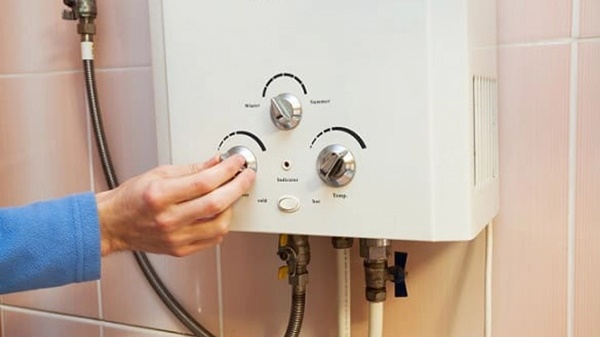
Water heaters should not be continuously turned on for an extended period (Illustration)
However, this practice will overload the device, reducing its lifespan and making it prone to malfunctions, which can lead to hazardous electric leakage. It is best to only turn on the water heater about 20-30 minutes before using. During usage, remember to turn off the water heater.
Another important aspect is cleaning and regular maintenance of the water heater. Not many households pay attention to this issue. According to experts, it is best to clean and maintain the water heater about 1-2 times a year. This helps improve the device’s performance and timely address any malfunctions or issues it may have.
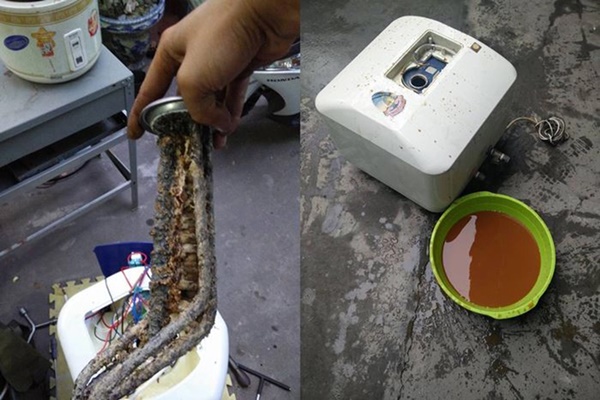
Water heaters should be cleaned and maintained regularly (Illustration)
Source: Đời sống và Pháp luật
Tenants Offered Protection for Their Property During Tet Holiday
As the Tet holiday nears, renters are concerned about the potential loss or theft of their items in their rental rooms. To ensure their property is safe and secure, many are left wondering what steps they can take to prevent it. Learn what methods you can employ to protect yourself and your possessions while renting in this article!
Discovering and Fixing Electrical Leaks in the Home
With modern households requiring an ever increasing amount of electricity, it is more important than ever to be aware of the potential dangers posed by electric leakage. Don’t worry, though, as this guide will teach you all you need to know about testing and troubleshooting electric leakage in the comfort of your own home!


























